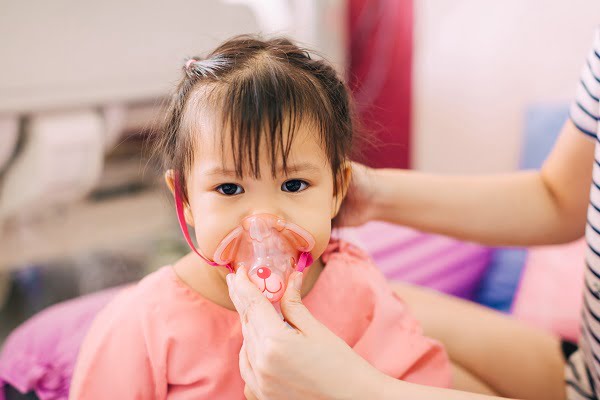
What is Hay Fever or Allergic Rhinitis?
Hay fever or allergic rhinitis is a common condition having symptoms similar to those of a cold. Some of the main symptoms are sneezing, congestion, runny nose, and sinus pressure.
Hay fever is caused due to an allergic response to airborne substances like pollen. In spite of its name, hay fever does not mean that the person will be allergic to hay and has a fever. Allergic rhinitis is the 5th most common disease in the United States.
Hay fever or allergic rhinitis has been classified into three groups – seasonal, perennial and mixed allergic rhinitis.
Seasonal Allergic Rhinitis
Seasonal allergic rhinitis is a type of allergic rhinitis which occurs specifically in some seasons. In seasonal allergic rhinitis, the symptoms appear or get worse only during certain periods during the year. This is most commonly caused by allergens like pollens, which are found in abundance during specific periods of the year.
Perennial Allergic Rhinitis
Perennial allergic rhinitis is a type of allergic rhinitis which occurs throughout the year because it is caused by allergens which are present all over the year like smoke, dust, insects, microbes, pet dander etc.
Mixed Allergic Rhinitis
It is a type of allergic rhinitis which occurs in people allergic to both seasonal and perennial allergens.
Symptoms of Hay Fever or Allergic Rhinitis
Common symptoms of hay fever include:
- Sneezing
- Coughing
- Running nose
- Blocked nose
- Red eyes
- Itchy eyes
- Itching in throat, mouth, nose and ears
- Loss of smell
- Pain around temples and forehead
- Headache
- Earache
- Tired feeling
- Tightness in chest (asthma patients)
- Shortness of breath
- Wheezing
Hay fever usually lasts for weeks or months, unlike a cold, which goes away after a few days.
What are the Causes of Hay Fever or Allergic Rhinitis?
Irritants or allergens (substances that cause an allergic response) are the main causes of allergic rhinitis. The cells in our body react to these irritants or allergens by releasing histamine and other chemicals against them. Rhinitis is often a temporary condition and clears up on its own after a few days in most of the people. However, in some people especially those with allergies, rhinitis can be a chronic problem and may last for weeks to months due to allergen exposure.
Risk Factors
Allergies can affect anyone but some people having a family history of allergies are more likely to develop allergic rhinitis. Besides, asthma or eczema can also increase the risk of allergic rhinitis in some people. There are many external factors which can trigger or worsen this condition, including:
•Smoking
•Exposure to chemicals
•Extremely cold temperatures
•Humidity
•Wind
•Air pollution
•Hairspray
•Perfumes
•Colognes
•Wood smoke
•Fumes
How is Hay Fever or Allergic Rhinitis Diagnosed?
Although a physical examination is enough to diagnose some kinds of minor allergies. However, a doctor may perform certain tests to find out the best treatment and prevention plan for allergic patients. For example, a skin prick test is one of the most common tests for diagnosing allergies in people. In this test, a doctor places several substances onto the patient’s skin to see how his/her body reacts to each one. Generally, a small red bump appears on the skin of the patient if he/she is allergic to any of these substances.
A blood test, or a radioallergosorbent test (RAST), is also commonly used for diagnosing various allergies. The RAST measures the amount of immunoglobulin E antibodies against particular allergens in the blood.
Treatment of Hay Fever or Allergic Rhinitis
The best treatment for allergic rhinitis is to avoid the exposure to different allergens. However some medications can also be used to help treat the allergic rhinitis. Depending on the severity and type of the symptoms, doctor may prescribe medications such as nasal sprays, pills, eye drops, syrups and even immunotherapy or allergy shots if the allergy is very severe.






